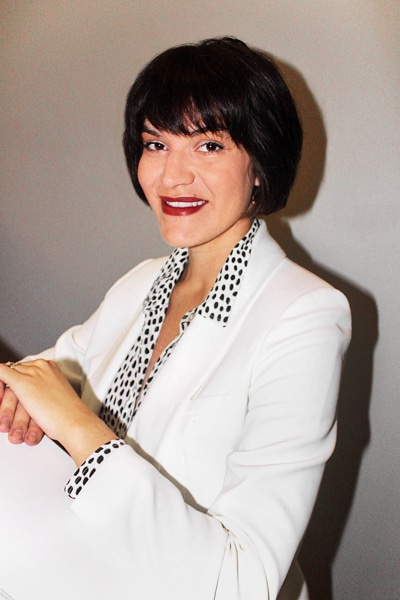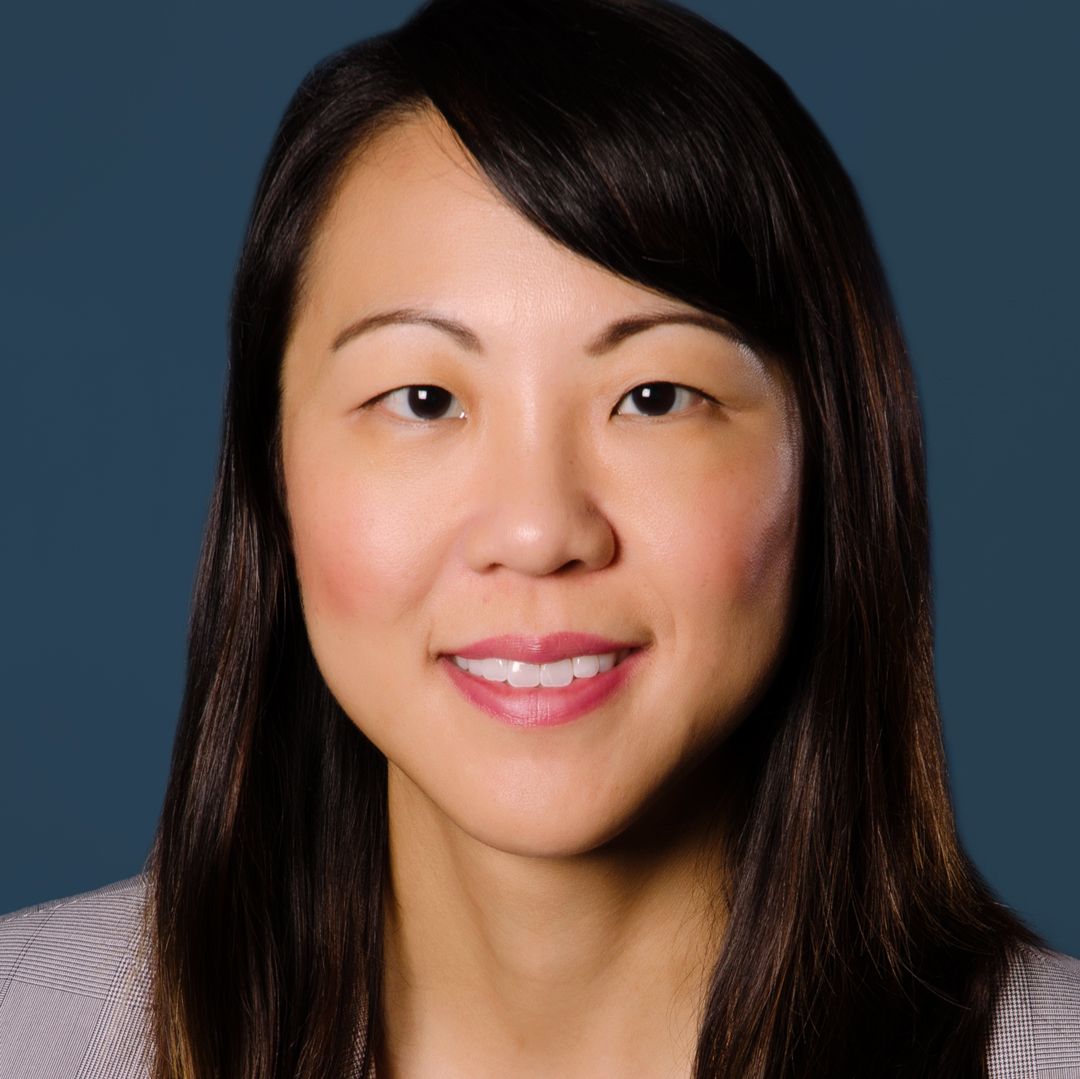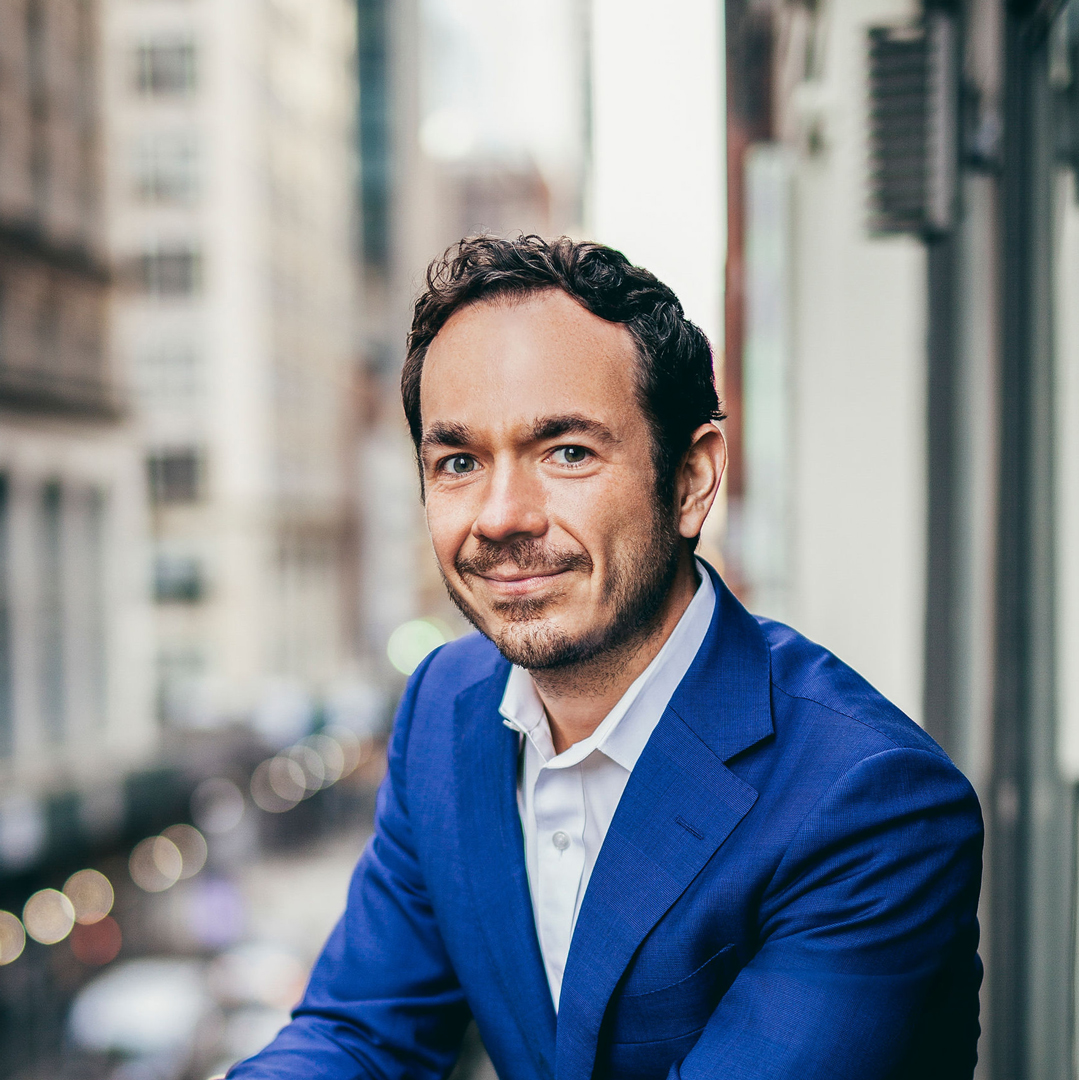|
Getting your Trinity Audio player ready...
|
“You have to be really fast and really strong.”
Quaker Houghton Associate General Counsel Ajla Glavasevic is talking about what it takes to be a successful bobsledder, but she might as well be talking about what it takes to be a successful lawyer. After all, she’s been both.
As one of only three lawyers for the entire organization, Glavasevic’s duties vary wildly from day to day, covering everything from M&A projects and regulatory implementations to tariffs, sanctions, and the global streamlining of cybersecurity. Since 2017, she’s also been instrumental in the combination of Quaker Chemical Corporation and Houghton international, which resulted in the current organization and new moniker. Much of this work has involved ensuring workplace transparency, affirming employees’ worth, and easing the convergence of two company cultures.

“When we represented Quaker Houghton in its $1.6 billion combination, we saw Ajla in action,” says Faegre Drinker partner Jill Bronson. “She’s focused and efficient, working tirelessly with the Quaker legal team for the best legal solutions.”
But just a few years before coming to Quaker Houghton, Glavasevic was a proud member of the Team USA bobsled team. After joining the team in November 2014, she resided and trained at the Olympic Training Center in Lake Placid, New York, traveling to Park City, Utah, for occasional training and competitions. Competitions for the Bobsleigh World Cup eventually took her to Canada, Russia, Germany, France, Switzerland, and Austria.
Although Glavasevic wasn’t practicing law while winding down the sides of icy pathways throughout the world, she did train for both her legal and athletic professions at the same time. In fact, she had been doing so ever since she was an undergraduate at the University of Buffalo, where she balanced a track and field career with a bachelor of science in financial analysis.
“It was a Division I school, and I ranked nationally, which got the attention of the USA Bobsled and Skeleton Federation,” she remembers. “A lot of bobsled athletes come from a track and field background. It’s that combination of strength and speed. The sled is really heavy, and you’re lifting it and running it through the cold. You train like both a sprinter and a weight lifter.”
Glavasevic seriously contemplated the invitation to compete for the National Team, weighing it against another enticing option that set her on a different path: she had just gotten into the University of Cincinnati College of Law. She later decided to decline the invitation and focus on law school. Following a series of injuries, she was also looking forward to taking a break from sports. But as the rigor of her juris doctor degree picked up, she realized that athletics weren’t an additional source of stress—they were a source of respite.
Subscribe Now
Receive stories like this one in your inbox every two weeks!
Subscribe to the free Modern Counsel newsletter.
“I really started to miss competing,” she says. “Sports had always been my outlet for stress release, clearing my head, and just feeling good both physically and mentally. I started doing some half marathons, 5ks, 10ks. Then, toward the end of law school, I decided that I was going to give bobsledding a shot.”
In her final year at the University of Cincinnati, Glavasevic sat down with her strength and sprint coaches so they could develop a training program that, schedule wise, would dovetail nicely with her legal studies. She found out that she had passed the bar examination and gotten onto Team USA in the course of one week.
While there are obvious physical differences between bobsledding and practicing law, Glavasevic has found that the former still conditioned her for the latter.
“One of the main aspects of both is time management,” she says. “You have a lot of training to get through and a lot of different responsibilities to balance out.” She adds, “Bobsledding and law are both very competitive. Prior to going in-house at Quaker Houghton, I was at a general practice firm called Jones, Gregg, Creehan & Gerace. I litigated and was in court regularly. Like bobsledding, it’s that same process of gearing up, going in there, and feeling like it’s your time to shine.”
Her bobsledding experiences aren’t the only life events that have substantially shaped Glavasevic’s professional journey. Just as she’s drawn strength from bobsledding and athletics in general, she’s found inspiration in the sacrifices her parents made. In 1995, her mother and father immigrated their family from Croatia to the United States after their home country of Bosnia declared its independence from Yugoslavia, which led to a violent four-year conflict. Glavasevic can still remember what it was like to live in a war-torn nation as a child.
“I remember sitting in the basement of our apartment building in Croatia and hearing the bomb sirens go off,” she says. “You hear explosions, and you’re down there for a little while, until you’re told it’s safe to come out. Our family lost a total of eight people, including my uncle and my cousin. It was a really traumatic experience that impacts me daily.”
“Sports had always been my outlet for stress release, clearing my head, and just feeling good both physically and mentally.”
Glavasevic’s parents managed to get to her and her sister to Erie, Pennsylvania, where they still reside today.
“I didn’t want their sacrifices to be in vain,” she explains. “I wanted to make them proud through the things I was doing, both in law and in athletics.”
Glavasevic’s experiences as a child have also resulted in an abiding passion for immigration law as well as social justice in general. In law school, she served as the editor in chief of the Immigration and Nationality Law Review, a widely respected law journal, while interning at the Legal Aid Society at the Immigration Law Unit in New York City. She also worked with social justice organizations including the Children’s Law Center, which focuses on juvenile justice for children and youth in Kentucky and Ohio, and the Ohio Justice and Policy Center in Cincinnati, which advocates for prisoners’ rights.
“We worked on all kinds of cases: deportation, asylum, juvenile cases, processing for entry,” she says. “And at Jones Gregg, the partners decided that was something I could develop and grow for the firm—an additional practice area. Going in-house at Quaker Houghton has obviously changed that landscape a bit, but as a global organization, we do deal with immigration issues, whether it’s from a visa perspective for employment or some sort of [Department of] Homeland security perspective, just based on our industry.
“As an overarching background for me, I am very social justice oriented. Even now, I sit on the board of AAUW [American Association of University Women] Pennsylvania, which is focused on gender equality for women in the workplace—including pay equity and economic security, education equality, leadership opportunities, and sustainability.”
Much like riding a bobsled track, Glavasevic’s career path has involved maneuvering through twists, turns, and sharp slopes as well as reaching for new heights of success. She’s found that staying flexible and keeping an open mind tend to lead to good places.
That, and being really fast. And really strong.


